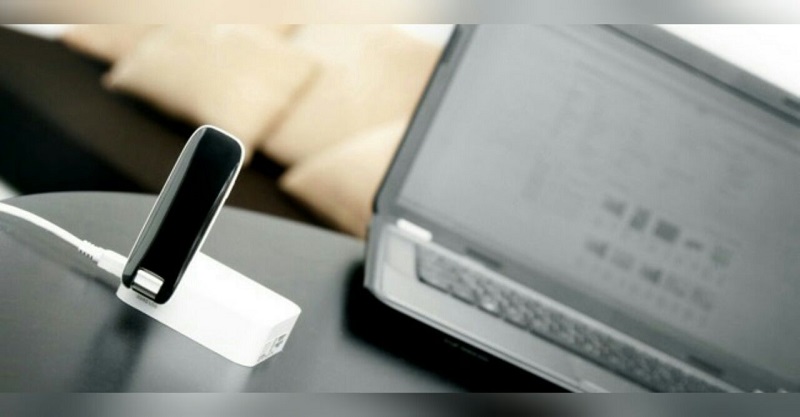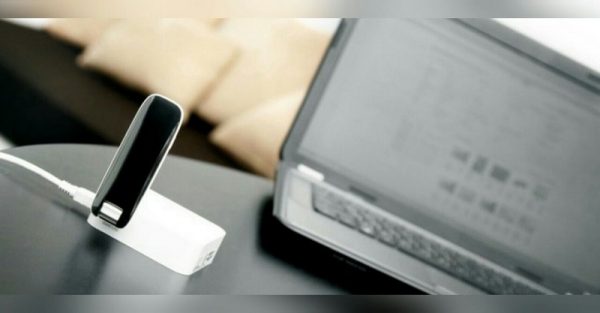It’s not uncommon to hear most PC users complain about how much internet data their laptops consume. It’s much worse in Nigeria because data plan subscriptions are expensive and are usually limited (capped). So, the steps below will help reduce your PC’s data consumption and your data subscription can last longer.
1. Set your Wi-Fi Network as a Metered Connection.
Setting your Wi-Fi network as a metered connection means your device will recognize the network as a connection that has a cap or a limit, and as such, it will stop apps and other processes from using data in the background. With a metered connection, your PC will disable automatic Windows update, app updates and live tile updates too.
To set your internet connection as metered, locate Network & Internet option in Settings, find your connection name in Wi-Fi and then select Advanced Options.
2. Check the Data Usage of Individual Apps
Windows 10 has a data usage tool in the settings that allows you to view the amount of data that the apps on your PC are consuming. The information will help you control the data consumption of the apps when you are using a metered network connection.
3. Disable Automatic Updates for Apps and Live Tiles
Windows apps and live tiles update in the background. They download information in the background while you are busy with other things. To save data, you need to check out the settings in the windows store app and disable automatic updates for apps and for live tiles.
4. Disable Peer to Peer Windows Update Sharing
If you have peer to peer updates enables on your PC, it means that if you’ll be able to share your windows update file with other PCs on your local network after you have downloaded it. If you are using a metered connection or a slow one, you need to disable this feature so your PC doesn’t upload updates to other devices that may be on the network.
5. Use a Data Efficient Web Browser
There’s a chance that bulk of your data is spent on web browser usage. Some browsers come with data saving features like compressing web pages or not playing unnecessary flash content. Google Chrome has a data saver extension, and the Opera browser has a turbo mode that saves data while you are surfing.
Also, you can change some settings like switching off images, pop-ups and disabling your browser from automatically playing flash content. You can also go ahead to use the mobile version of the website instead of the full desktop version.
You should also checkmate how much stuff you stream or download on the internet when you are on a metered network.







